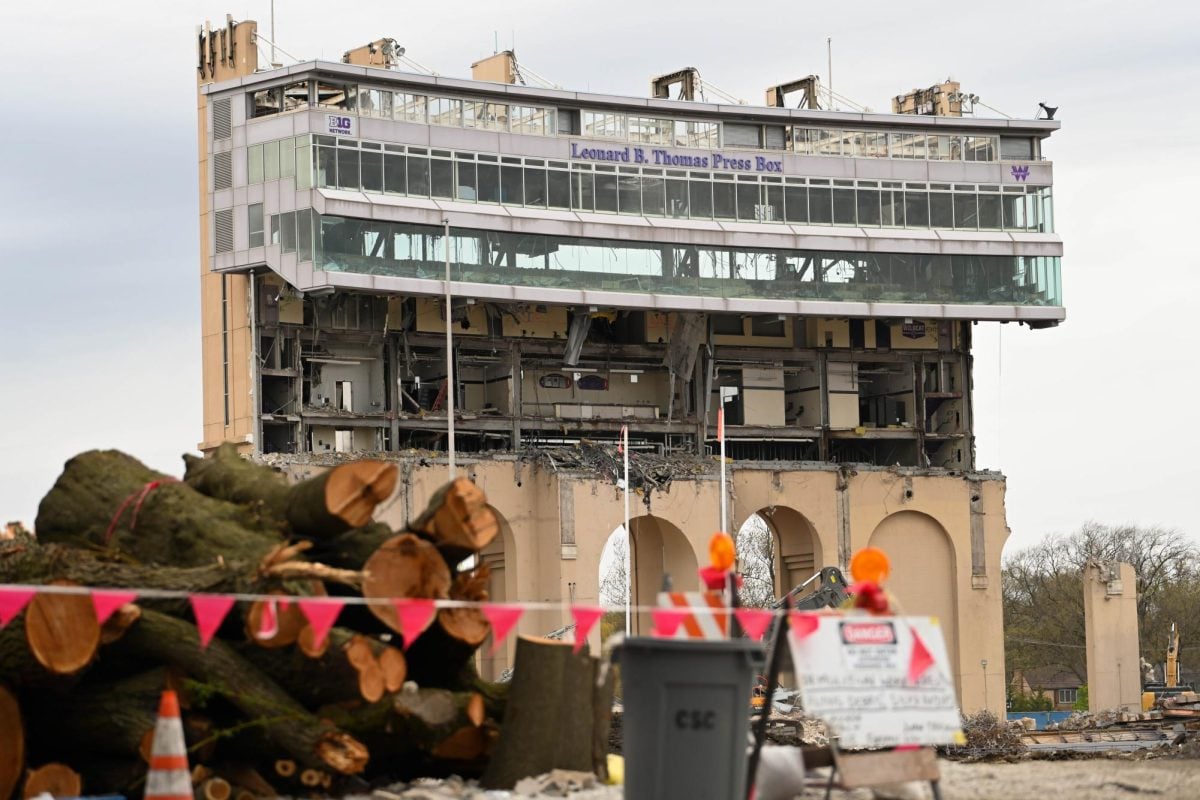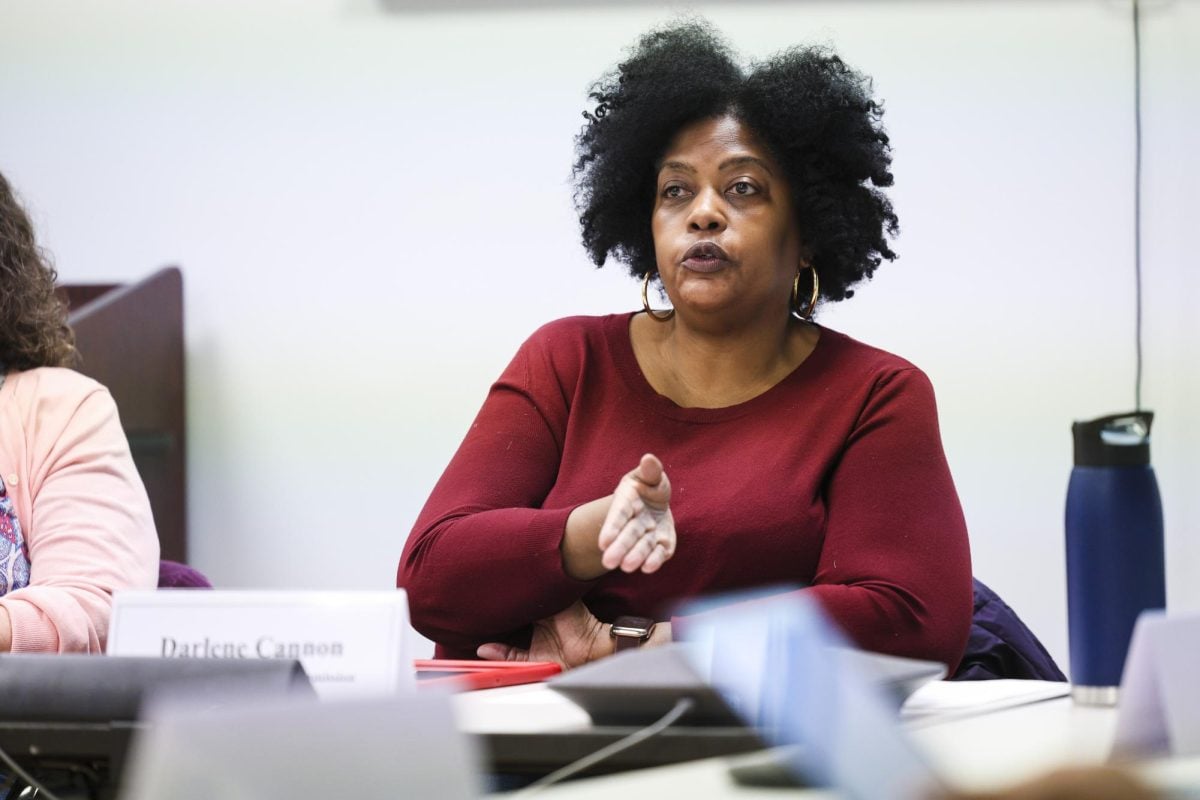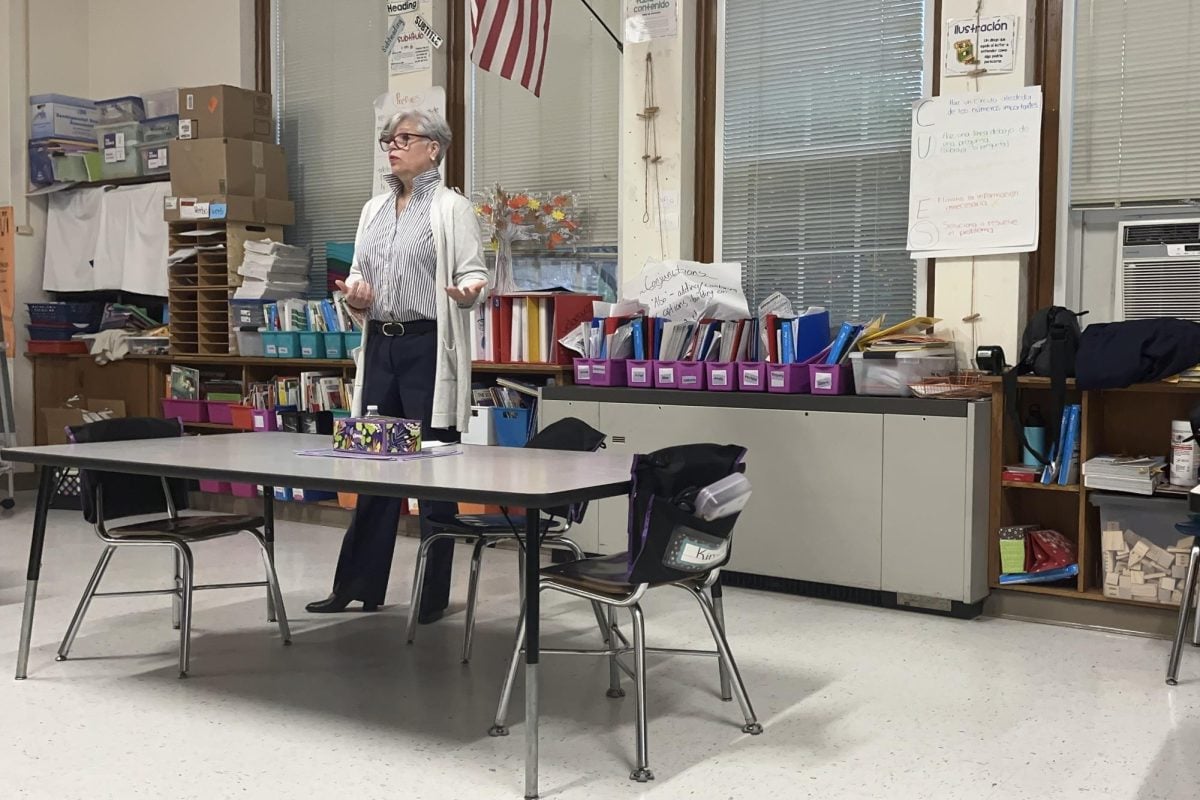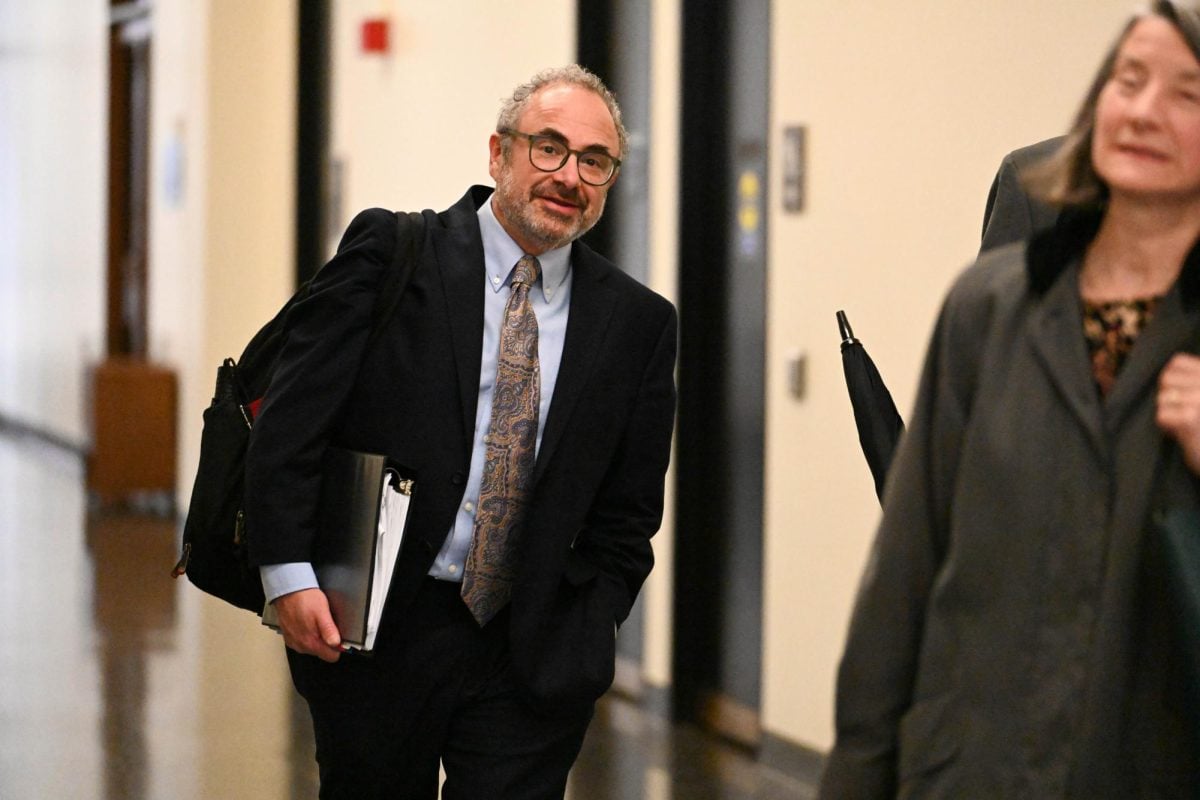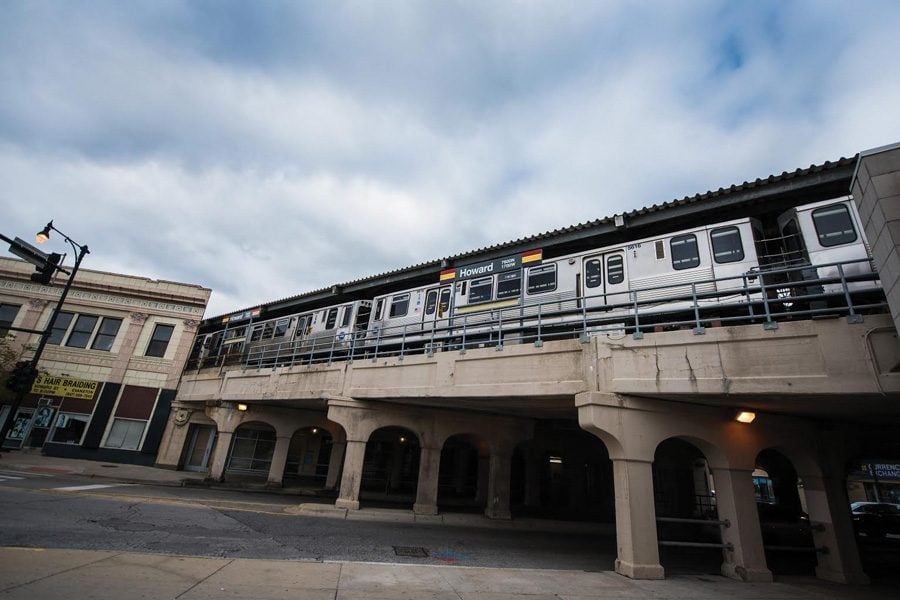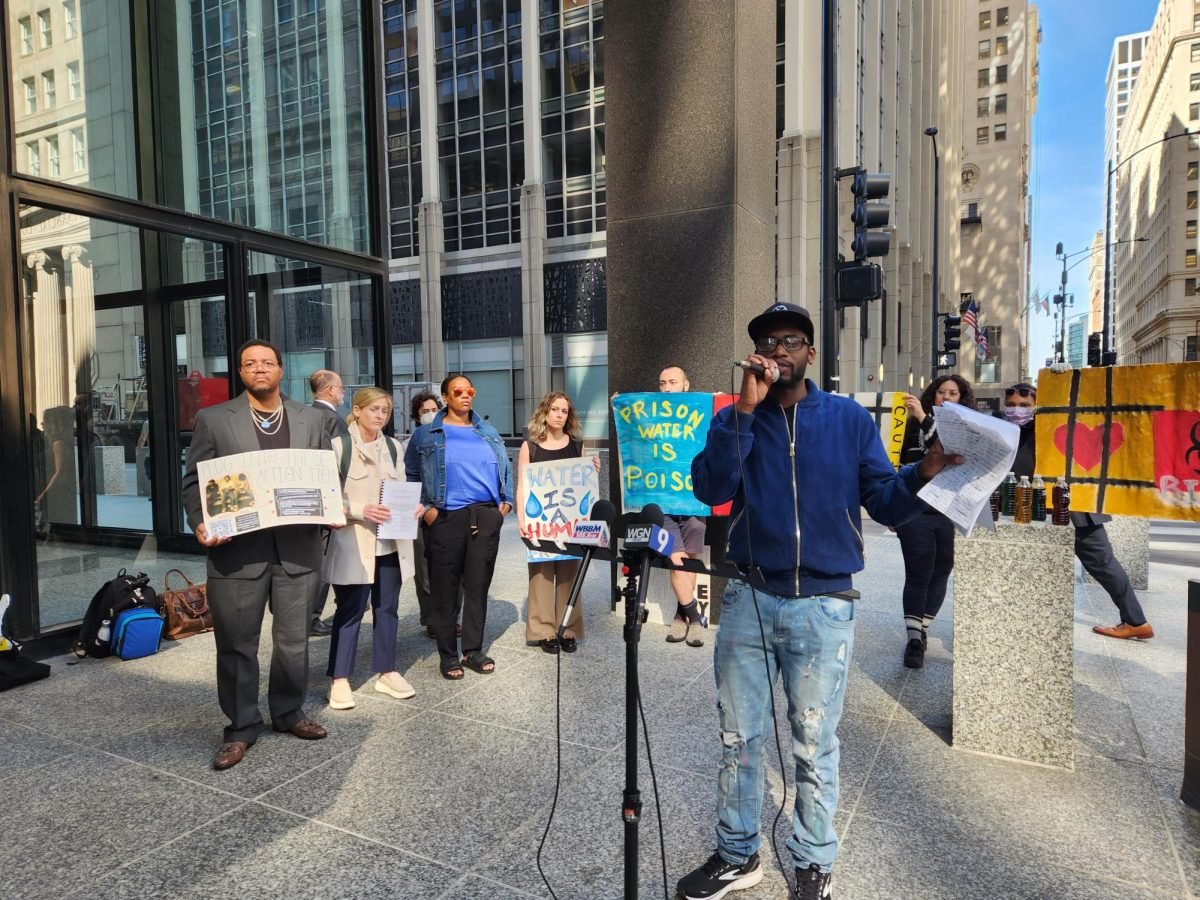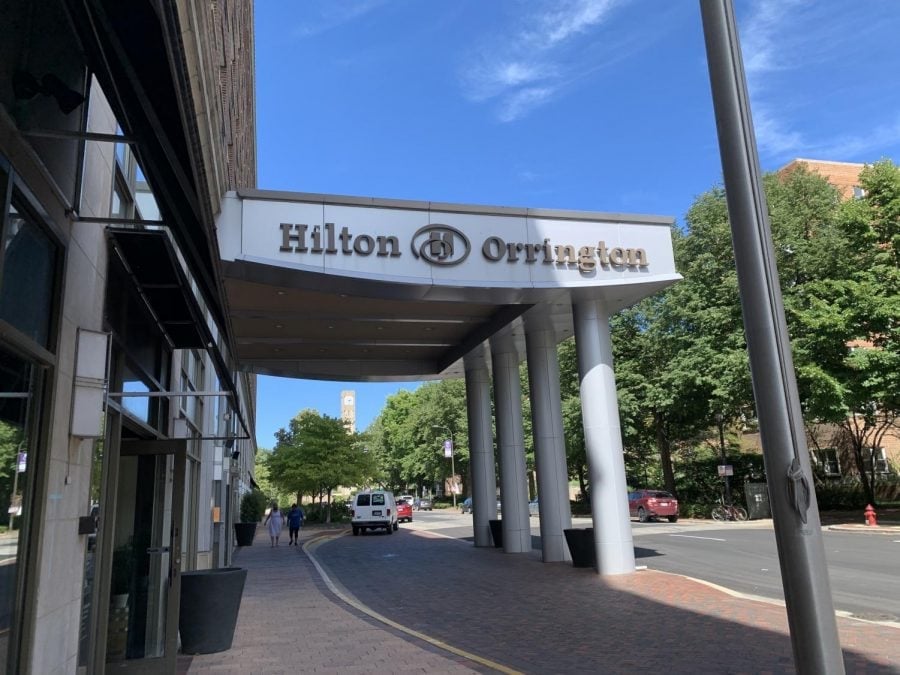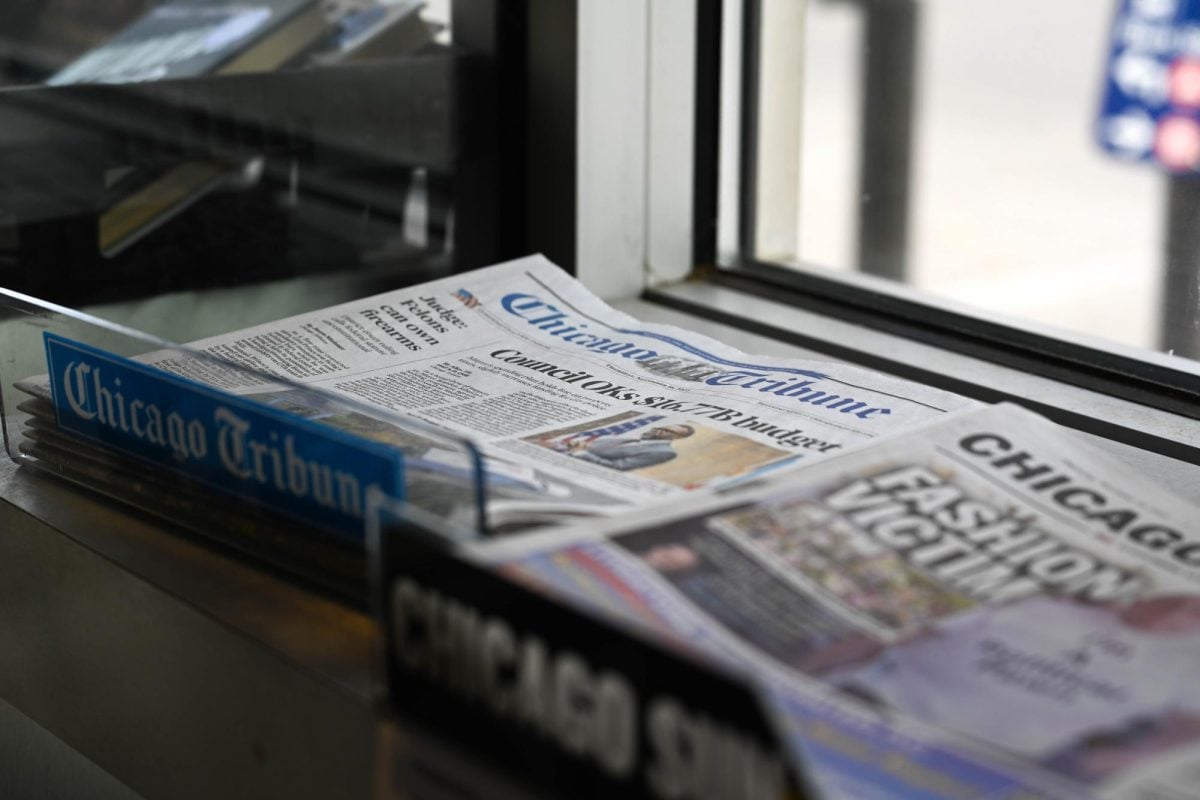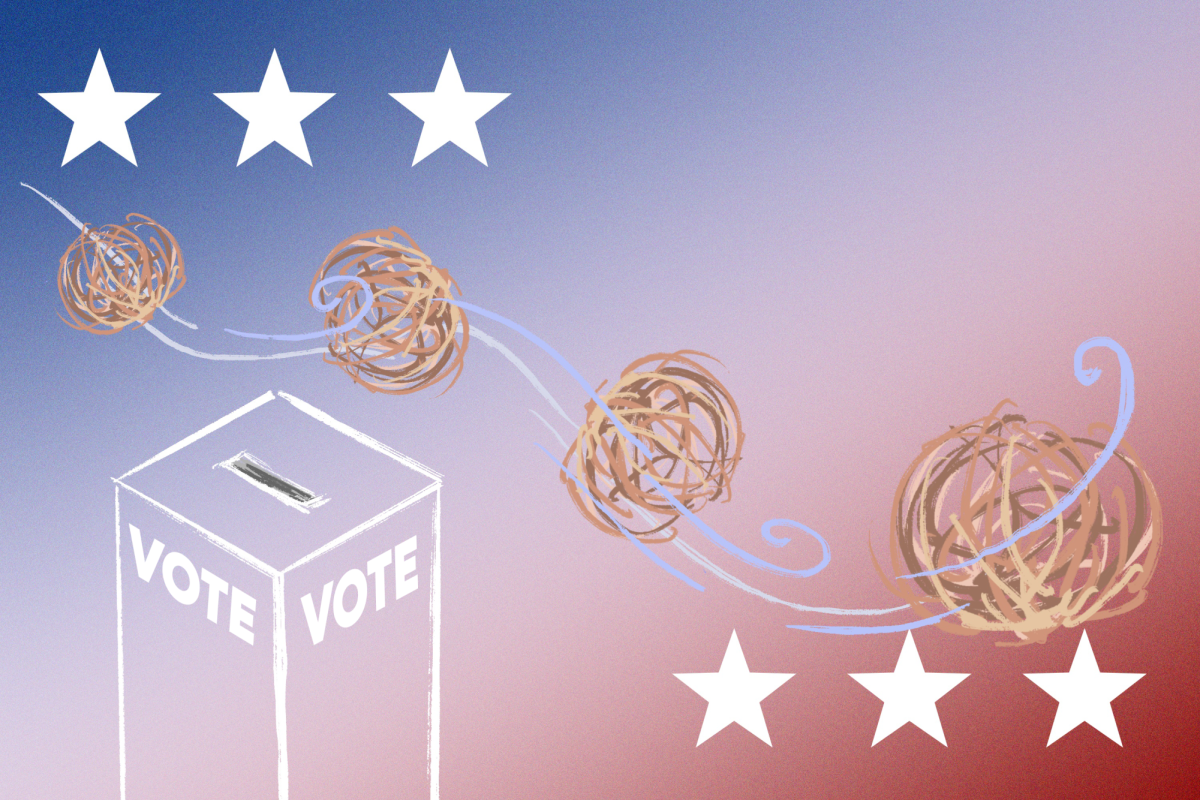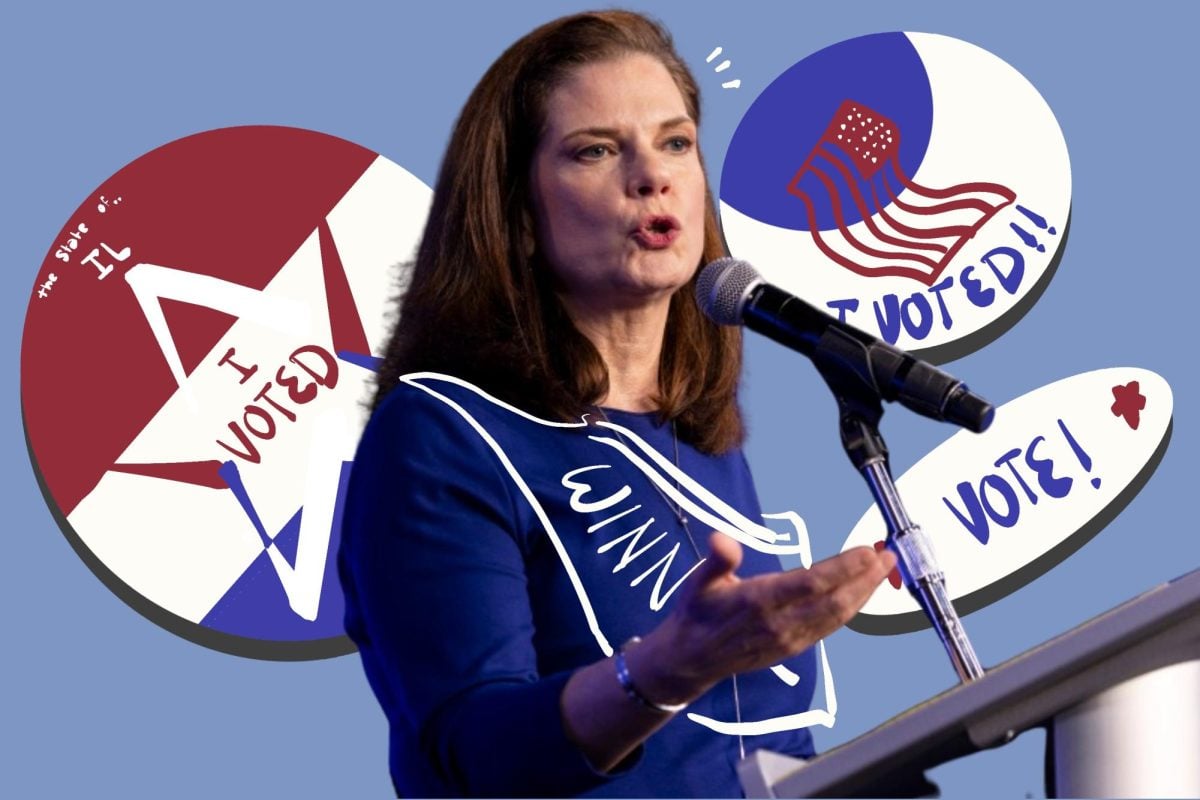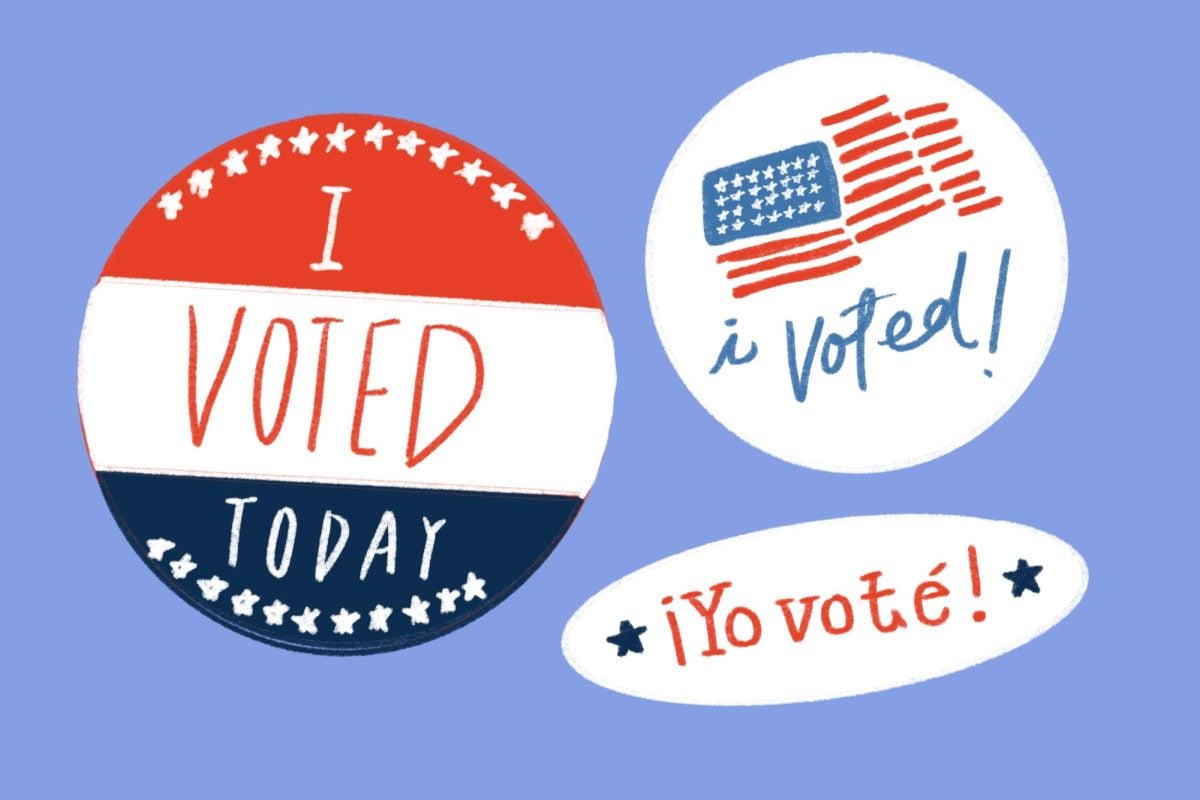Evanston mayor Elizabeth Tisdahl joined other northwest suburban mayors and council members Wednesday on a trip to Springfield to lobby for better storm response from electric company Commonwealth Edison.
Tisdahl and other representatives from the Northwest Municipal Conference initially arrived to lobby against SB 1652, which would allow ComEd to raise rates in order to pay for a project to build new “smart” power grids in the state.
However, an 11th-hour agreement between the NWMC and ComEd finalized Wednesday night led the NWMC to withdraw its opposition to the bill and instead endorse a position of neutrality.
“We initially wanted the bill to have language that would address the storm response,” city spokesperson Eric Palmer said. “There were major power outages during the storms this summer, and we really wanted that to be addressed in the language of the bill.”
Ultimately, both chambers passed the bill Wednesday with enough votes to override Illinois Gov. Pat Quinn’s veto, which he issued Sept. 12.
“The consumers of Illinois are deeply disappointed today in the General Assembly’s action to give Commonwealth Edison and Ameren guaranteed annual rate increases for each of the next 10 years, and so am I,” the governor said in a prepared statement his office issued Wednesday afternoon.
A ComEd spokesperson said Thursday only two people in the company were authorized to discuss this “sensitive issue,” and both were unavailable for comment.
State Sen. Jeff Schoenberg (D-Evanston) voted against the bill. Shiva Mohsenzadeh, his chief of staff, said Schoenberg is a strong opponent of raising electricity prices on consumers.
“The state senator has historically not been supportive of rate hikes and has voted against them because ComEd was not investing the money into upgrading and updating its infrastructure,” Mohsenzadeh said. “That is why he has voted against them before, and that is why he voted against the bill yesterday.”
State Rep. Daniel Biss (D-Evanston) also voted against the bill, which he said included an “inappropriate rate hike.”
“At the end of the day, this bill grants windfall profits through a rate hike to a private corporation, and it is just not appropriate for government to do that,” Biss said. “I agree that the grid needs modernization, and I’m enthusiastic about that. But that doesn’t change the fact that this bill puts an inappropriate windfall in the hands of a private corporation.”
State Rep. Robyn Gabel (D-Evanston) broke with her colleagues and voted in favor of the bill after learning about a late breakthrough in negotiations between ComEd and the NWMC.
“I spoke with Mayor Tisdahl, and the deal was that unless ComEd came to an agreement with them, I was going to vote no,” Gabel said. “But I got a call from Liz (Tisdahl) saying that they came to an agreement that would enforce regulations and we were pleased with it.”
That agreement stated operating protocols addressing storm-related power disruptions would be drafted and filed with the Illinois Commerce Commission. The ICC is a state entity that has the power to regulate public utility services within Illinois.
The NWMC only withdrew its opposition to the bill after details on the agreement were finalized Wednesday night. Christopher Canning, president of the organization, welcomed the late developments in a news release issued Wednesday.
“The agreement with ComEd addresses systematic shortfalls in storm response and in communication with municipalities that the Conference had identified in its white paper and presented to ComEd,” Canning said.
Palmer said city officials were also “satisfied” with the last-minute agreement.
“The utility companies have to follow what the ICC says,” Palmer said. “The ICC will do what Mayor Tisdahl hoped legislators would have put into the bill, and we’re happy that it will be addressed.”
Larry Bury, policy director of the NWMC, said he was “confident” the ICC will be able to enforce planned regulations.
“We talked to the former chair of the ICC and also got a legal opinion that says the ICC does have the authority to oversee the agreement we are making with ComEd,” Bury said. “They can use their full regularity powers to enforce the agreed upon terms.”
Bury added no paperwork has been filed with the ICC as of yet.
“There are a few details that need to be worked out still,” Bury said. “We will be working with ComEd over the next couple of weeks to make sure that a completed version is submitted within the next 45 days.”
Palmer said the city will monitor upcoming efforts to draft regulations with the ICC.
“We will track that process and make sure that we know exactly what those protocols are,” Palmer said.
Tisdahl made the trip to Springfield mainly because of ComEd’s handling of the “absolutely horrible” power outages over the summer, Palmer added.
“We saw a very poor and very slow response from ComEd after several different storm actions during the summer,” Palmer said. “Many municipalities and local governments throughout this part of the state had issues, and at one point over a million customers were without power.”
The Daily reported more than 100 power lines were down around Evanston and around 60 buildings on campus lost power during a particularly severe storm in July. The storm arrived just as ComEd finished fixing outages in Evanston that occurred one week earlier.
Bury agreed municipalities represented by the NWMC suffered greatly during the severe summer storms.
“This summer revealed that there are some major shortfalls with t
he way ComEd responds to storms and responds to its customers,” Bury said. “Power was not restored in a timely manner to many of our emergency facilities like water and sewage treatment facilities, police and fire stations, and emergency operation centers.”
ComEd did not have spokespeople available for comment Thursday.
Separately, ComEd announced the establishment of a Storm Response Process Improvement Task Force, which will evaluate restoration efforts and assess how the company communicates with customers during emergencies.
The Illinois Senate voted 36-19 to override the veto Wednesday. Minutes later, the House approved the measure in a 74-42 vote.
Biss added even though he voted for a bill that ultimately became law, he is still grateful state lawmakers discussed ComEd’s storm response.
“Obviously I wish that it hadn’t passed, but I respect the process and I’m just glad that we’re talking about this important issue,” he said.

